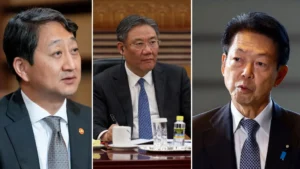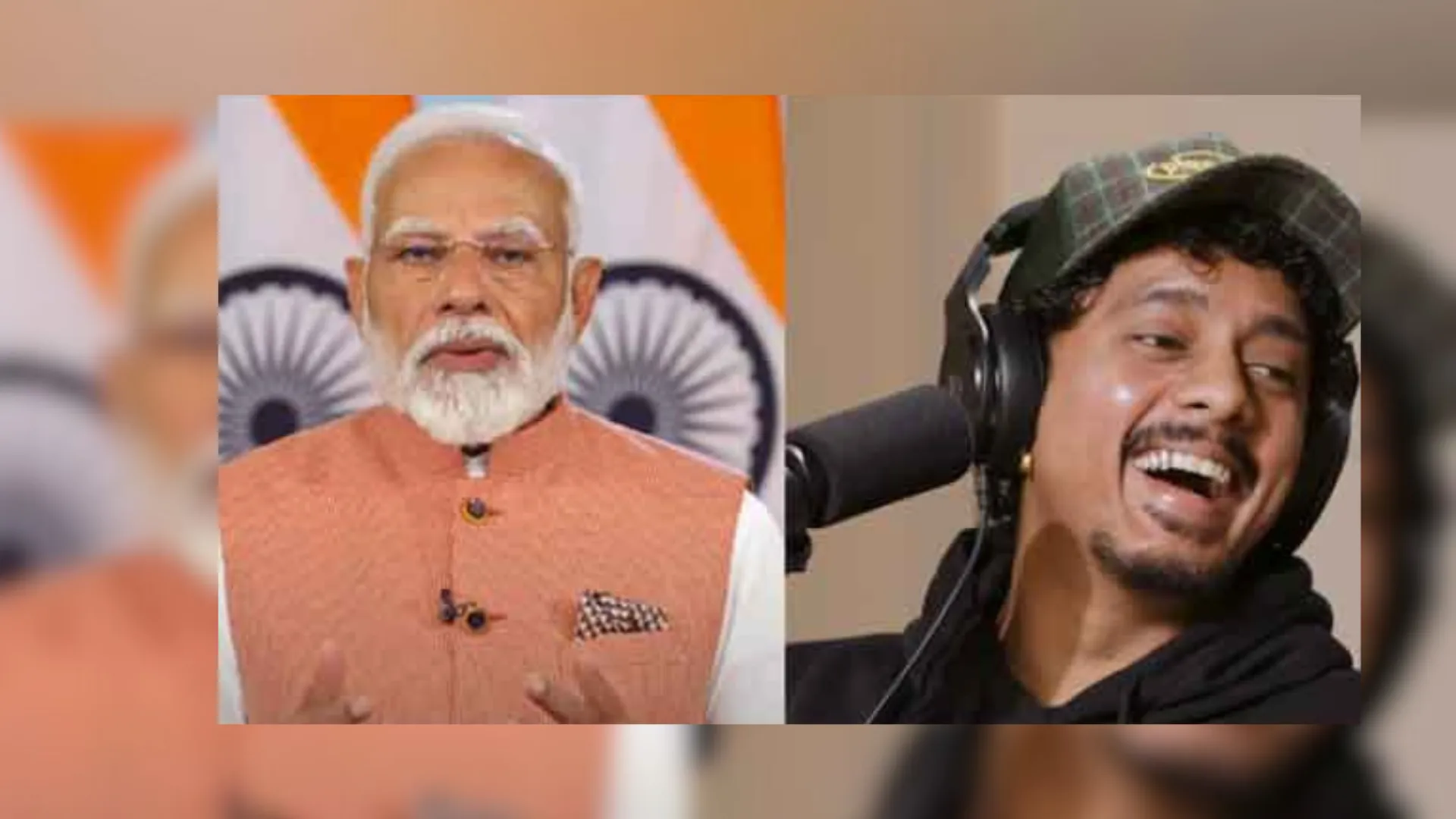Violent clashes erupted at Jahangir Nagar University near Dhaka as students protested against the reinstatement of a government job quota for descendants of veterans from Bangladesh’s 1971 Liberation War. The protests, which also saw support for quotas benefiting disabled individuals and ethnic minorities, turned confrontational as police used tear gas and batons to disperse demonstrators.
The quota system, which also reserves jobs for women and other marginalized groups, had been suspended in 2018 but was recently ordered to be reinstated by Bangladesh’s High Court, sparking renewed protests. Despite a temporary halt by the Supreme Court, demonstrations have persisted, disrupting daily life in Dhaka and surrounding areas.
Over 50 people were treated for injuries at local hospitals, with reports of pellet wounds among the injured. The Bangladesh Chhatra League, a student body affiliated with Prime Minister Sheikh Hasina’s Awami League, was accused of initiating the violence against peaceful protesters, further escalating tensions on campus.
The unrest follows similar clashes at Dhaka University, where over 100 students were injured in separate protests over the quota system. With political divisions intensifying over the issue, Bangladesh faces continued challenges in balancing historical legacies with contemporary social equity demands.
Prime Minister Hasina’s administration, while advocating for the quota for war heroes’ families, has faced criticism and widespread unrest, underscoring the complex socio-political landscape surrounding job quotas in Bangladesh.






















